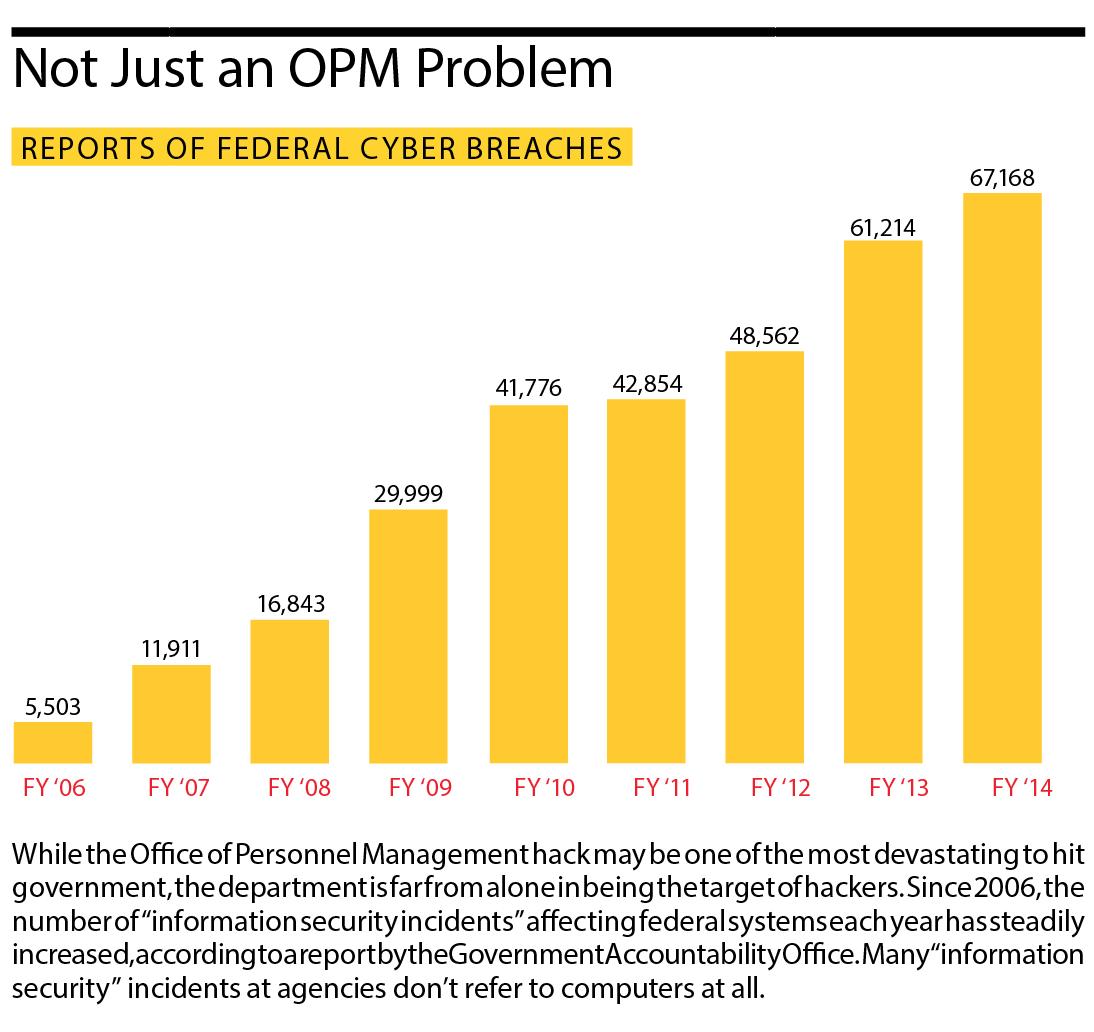
Thinkstock
When Bots Call the Shots
Fast-forward 35 years: Human troops might not control the fight.
Faster “battle rhythm” will increasingly push human beings out of the decision-making loop, according to thought leaders from the Defense Department, the U.S. Army Research Laboratory, the Institute for Defense Analysis and academia at a recent workshop on the next three and a half decades of war. Their report, “Visualizing the Tactical Ground Battlefield in the Year 2050,” reads like a Tolkienesque saga, a fascinating mashup of futuristic concepts, far-off capabilities and emergent technologies.
The authors of the report note that their views “do not reflect positions or views of their employers.” It’s easy to see why. Many of them diverge considerably from standard military talking points.
Military leaders insist that a human will always decide when to pull the trigger. The report foresees a slightly different future: Humans won’t be entirely cut out of lethal engagements, but they’ll play umpire, rather than pitcher.
“To enable humans to partner effectively with robots, human team members will be enhanced in a variety of ways,” says the report. “These super humans will feature exoskeletons, possess a variety of implants, and have seamless access to sensing and cognitive enhancements. They may also be the result of genetic engineering. The net result is that they will have enhanced physical capabilities, senses, and cognitive powers. The presence of superhumans on the battlefield in the 2050 timeframe is highly likely because the various components needed to enable this development already exist.”
Imaginary or not, the report explores a future in which humanity can no longer control technological progress. That may be far more threatening than any particular enemy.
- Patrick Tucker
From the Archives
Here’s what we were saying about the state of federal management in the pages of Government Executive 10, 20 and 30 years ago.
2005
“So how is it that a nation whose security apparatus purportedly is focused significantly on unconventional, catastrophic events occurring here in the homeland seemed utterly unprepared to respond in the aftermath of a hurricane?”
1995
“Government may well be shut down for a time if, as seems likely as of this writing, Republicans driving to shrink agencies and programs cannot reconcile their differences with the Clinton White House.”
1985
“Another terrible distortion of the process is the annual “supplemental appropriations” routine, which regularly occurs now about the middle of the fiscal year, which for most appropriations started with a continuing-resolution crutch the preceding year.”
Don’t Mess With the Geese Police
The National Park Service wants to make sure Washington doesn’t become a dumping ground for unwelcome guests who indiscriminately swoop in to do their business and leave.
No, we’re not talking about politicians.
Canada geese—anywhere from several hundred to 1,000 at a time—have been making their mark across the National Mall at an alarming rate. Each Canadian honker can produce up to 2 pounds of poop a day, leading to slippery walkways and algae blooms in the Reflecting Pool, among other unsavory outcomes.
In May, NPS commissioned a team of border collies to establish a no-fly zone over the Washington Monument grounds, the Reflecting Pool and nearby JFK hockey fields. Employed by Geese Police DC, the four-legged contractors are responsible for keeping the areas “100 percent goose free, 95 percent of the time,” says NPS spokesman Michael Stachowicz. The annual performance-based contract starts at $28,500 for the first year, with four option years.
Now, Stachowicz says, only the occasional gaggle of geese pop in—a real testament to government performance improvement.
- Susan Fourney
Your Vote Counts
It’s tough to get the boss’s ear on management issues when that person is the president of the United States. And for federal employees the problem is compounded when a new leader transitions in—potentially every four years. The Transition in Governance 2016 Initiative, a bipartisan coalition of 16 good government groups, hopes to remedy that problem.
“Every new administration comes into office promising to fix long- standing management problems in the federal bureaucracy, but they quickly learn that changing the way government does business is incredibly difficult,” says Carl DeMaio, a senior fellow at the Performance Institute, who is the project’s director. “The coalition’s goal is to flag some of the biggest challenges a new administration will face and offer thoughtful recommendations and reforms for consideration.”
The group is hosting a series of 10 town hall meetings with current and former executive branch officials to define those priorities. Proposals emerging from the first town hall, in May, include:
- Evaluating program performance and consolidating programs.
- Creating a venture-capital fund to improve government performance.
- Expanding pay-for-success initiatives to encourage innovation.
- Establishing a State and Local Government Performance Office within the Office of Management and Budget.
- Creating a governmentwide chief operating officer to tackle major management challenges.
To share your ideas and vote for the reform proposals you consider most pressing for your agency, go to www.transitions2016.org.
- Susan Fourney

NEXT STORY: Doctor’s Orders






